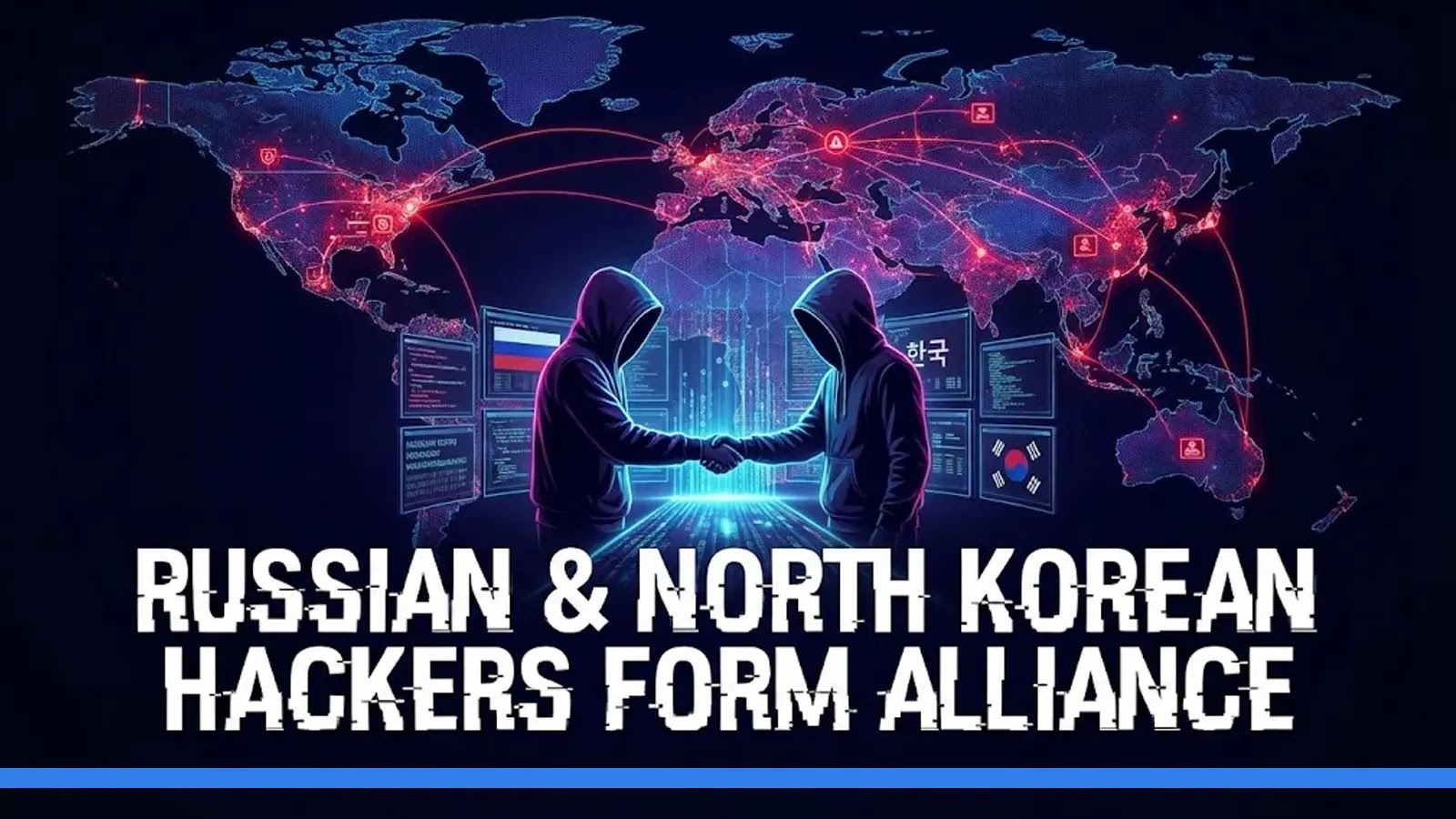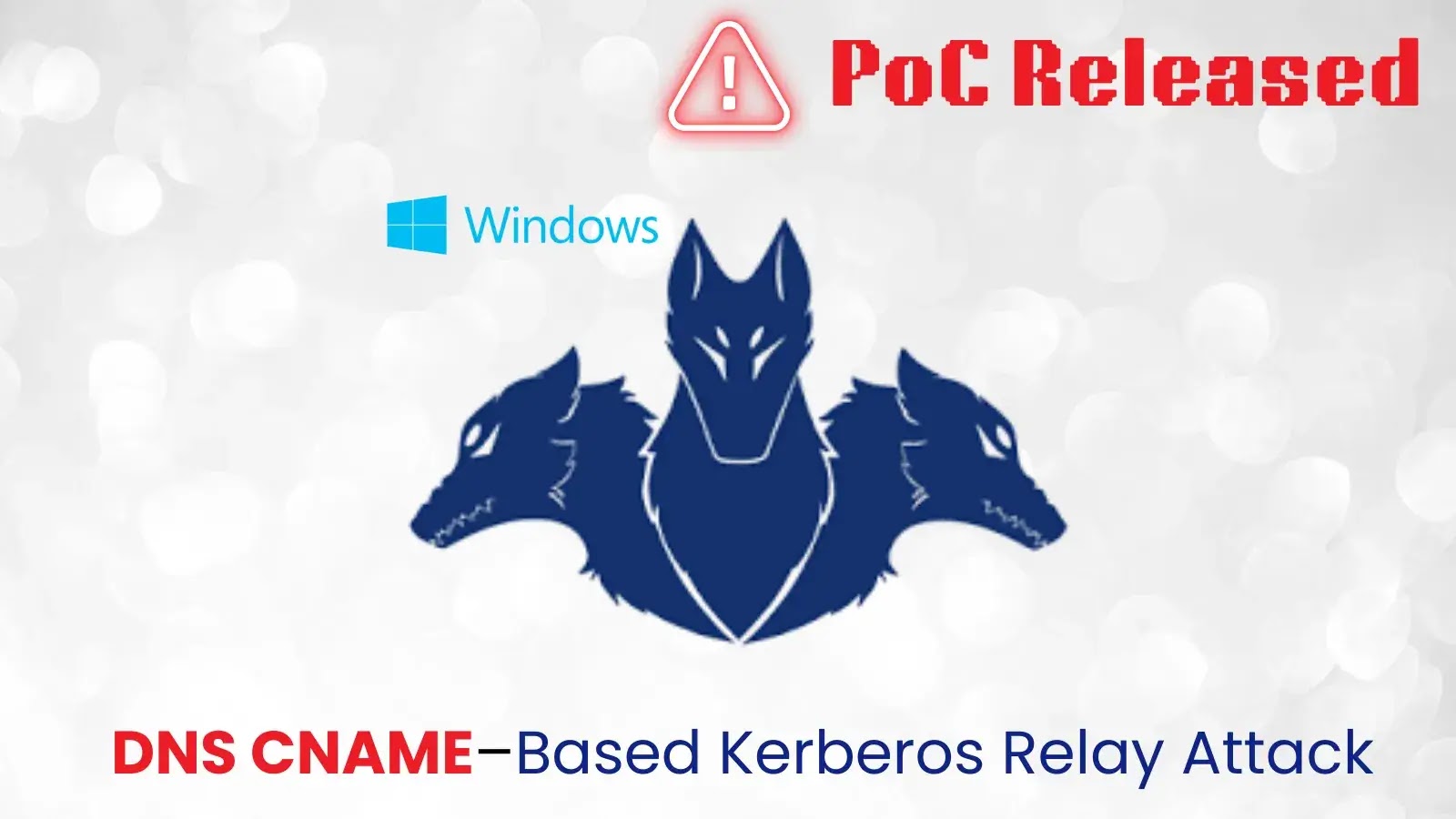In 2025, Security Operations Centers (SOCs) are undergoing a significant transformation, driven by the integration of Artificial Intelligence (AI) to manage escalating alert volumes and enhance operational efficiency. A recent survey of 282 security leaders across various industries highlights the pressing challenges and the pivotal role AI plays in modernizing SOCs.
Escalating Alert Volumes
Organizations now process an average of 960 security alerts daily, with large enterprises handling over 3,000 alerts from approximately 30 different security tools. This surge has led to operational strain, forcing teams to prioritize alerts under tight time constraints, increasing the risk of overlooking critical threats.
Manual Investigation Bottlenecks
The survey reveals that it takes an average of 70 minutes to fully investigate an alert, with a delay of 56 minutes before action is initiated. This sluggish response is inadequate, especially when cyber threats can escalate rapidly. For instance, the latest CrowdStrike Cyber Threat Report indicates that it takes only 48 minutes on average for a cyber threat like a Business Email Compromise to result in an incident.
Uninvestigated Alerts and Operational Risks
Due to resource constraints, 40% of security alerts go uninvestigated, and 61% of security teams have admitted to ignoring alerts that later proved to be critical incidents. This situation underscores a systemic issue where SOCs are unable to address nearly half of detected potential threats, compromising organizational security.
AI Integration: A Strategic Imperative
To address these challenges, SOCs are increasingly adopting AI-driven solutions. AI enhances alert triage, automates routine tasks, and accelerates threat detection and response. By leveraging AI, organizations can reduce the time to investigate and respond to alerts, allowing human analysts to focus on complex threats and strategic initiatives.
Conclusion
The integration of AI into SOCs is no longer optional but essential. As cyber threats become more sophisticated and alert volumes continue to rise, AI provides the necessary tools to manage workloads effectively, reduce response times, and strengthen overall security postures.


